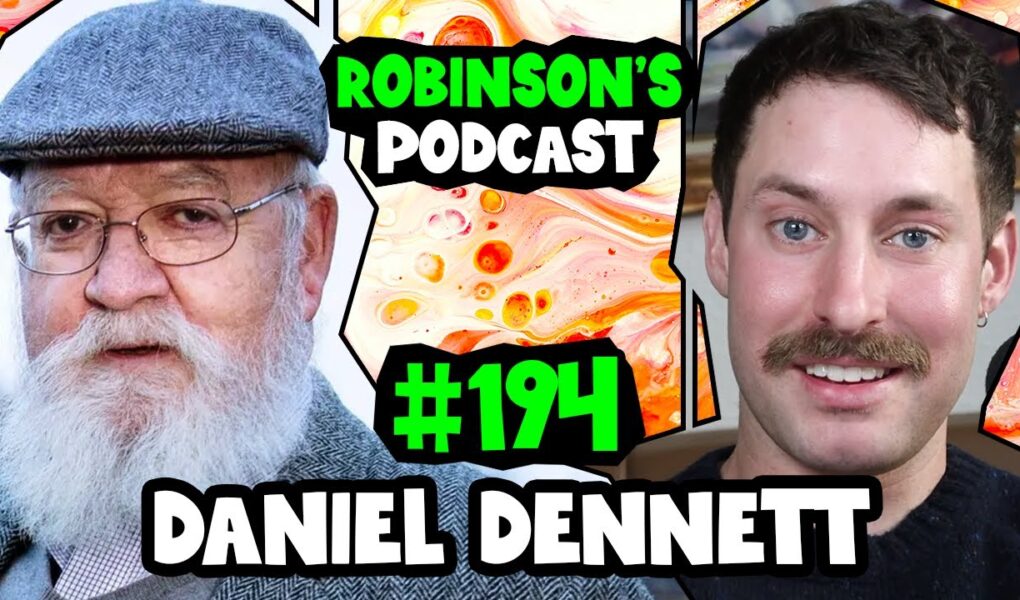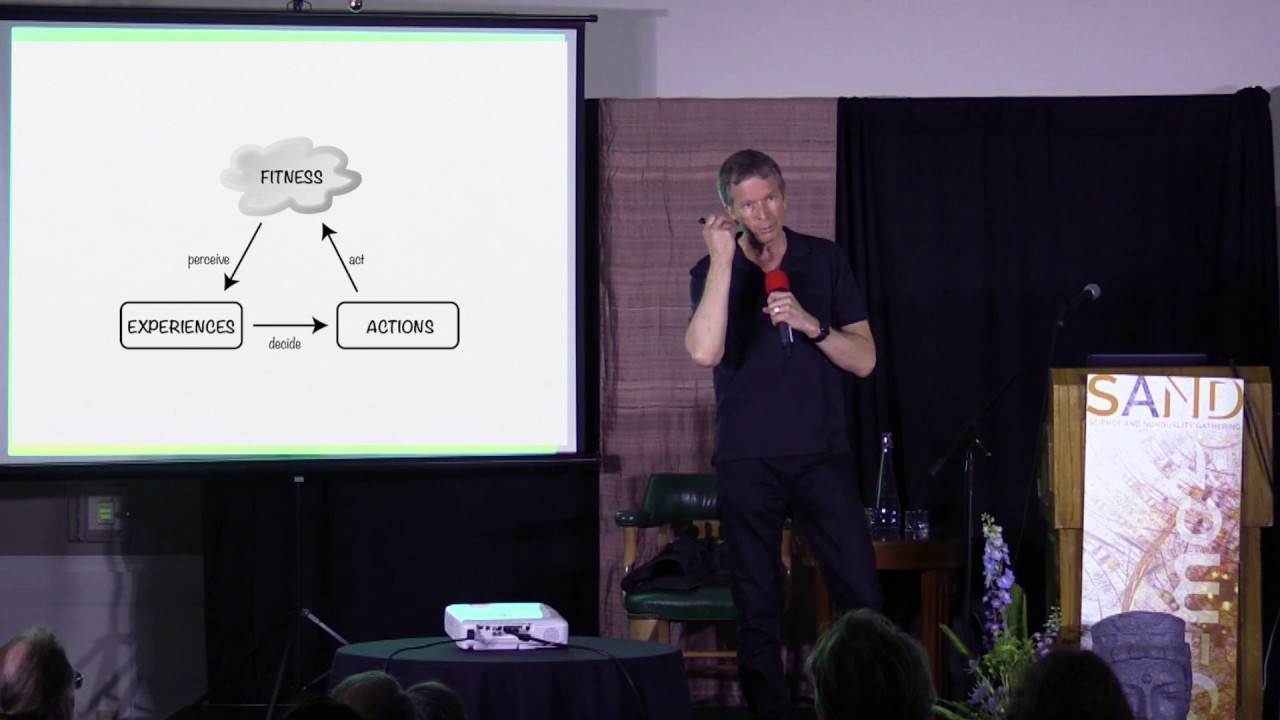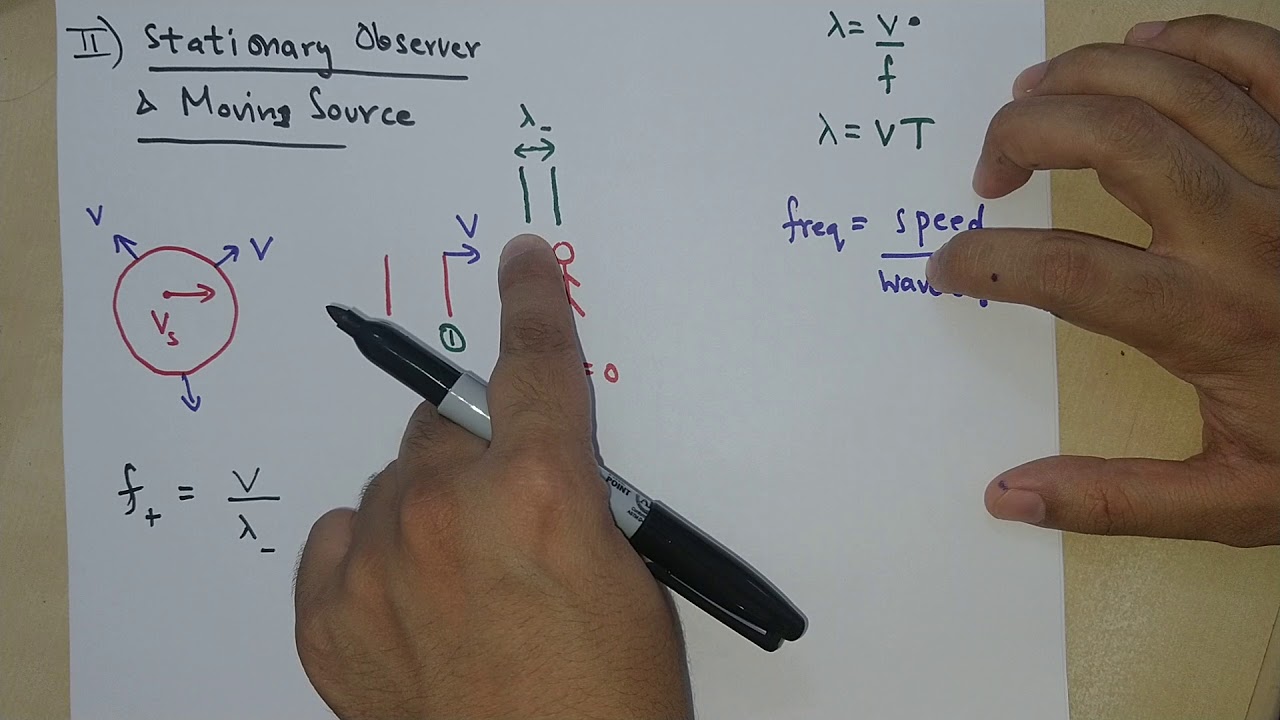Robinson Erhardt
Patreon: https://bit.ly/3v8OhY7
Daniel Dennett is Professor Emeritus of Philosophy at Tufts University, where he was co-director of the Center for Cognitive Studies and the Austin B. Fletcher Professor of Philosophy. He is one of the most recognized philosophers today, and has made major contributions to the philosophy of mind and biology, among other areas, and is known as one of the Four Horsemen of Atheism. Dan’s latest book is I’ve Been Thinking (W. W. Norton, 2023), though much of what he and Robinson discuss comes from his earlier book, From Bacteria to Bach and Back (W. W. Norton, 2017). More particularly, they talk about the origin of life and reasons, the evolution of music, Robert Sapolsky and free will, famous thought experiments in the philosophy of mind, the origin of consciousness, and the relationship between mind and language.
I’ve Been Thinking: https://a.co/d/ahMEC0G
From Bacteria to Bach and Back: https://a.co/d/htcrcn7
OUTLINE
00:00 Introduction
3:51 Where Am I?
11:00 The Origin of Life as the Origin of Reasons
23:13 Is Music Evolved?
33:32 On Robert Sapolsky and Free Will
47:50 On Free Will and the Justice System
59:55 On Sean Carroll, Free Will, and Intuition Pumps
1:09:49 On the Chinese Room
1:18:18 Why Would Aliens Be Excited to Discover Clam Rakes?
1:30:11 How Do Brains Make Minds?
1:38:59 Are There Pathological Memes?
1:47:19 Where Does Consciousness Come From?
Robinson’s Website: http://robinsonerhardt.com
Robinson Erhardt researches symbolic logic and the foundations of mathematics at Stanford University. Join him in conversations with philosophers, scientists, weightlifters, artists, and everyone in-between.
Source




I seriously think we should get rid of the entire concept of free will. Not debate whether it exists or not, but just stop using the term itself. I just find the term extremely confusing and misleading, not leading us anywhere. We could use a term like “agency” instead.
Everything we know or believe that we know, we know (or believe that we know) through our mind, through our consciousness. So no matter how advanced your science becomes, all knowledge goes through the mind, through consciousness. There’s no way of avoiding this fundamental epistemological fact; that’s the core truth of Descartes philosophy despite what else you might criticize him for.
No, seriously, we need to get rid of the free will term, it just makes people confused. Start using the term agency instead.
21:55 I disagree that cetaceans et al. have "impoverished consciousnesses". This statement is pure anthropocentrism.
Complete misunderstanding of Chomsky’s linguistics, which is not surprising. Dennet is very smart but not compared to Chomsky.
43:40 "cats have more free will than dogs" – absolutely! (having had both, I am certain this is true. You may 'own' a dog, but clearly a cat owns you).
The kind of free will appropriate for humans is not the free will of cats, or even the free will of dogs (43:40), but the free will of a bee colony, i.e. a free will made by the complex system as a whole (such as that of a bee colony making a decision to swarm), rather than the individualistic free will of a cat. When humans exercise this latter kind of free will, that's when we get into big trouble.
(quoting Sapolsky) 59:00 "we relish punishing our enemies, we relish hurting those that hurt us". That is exactly what Israel is perpetrating in Gaza (as the US perpetrated in Iraq and Afghanistan). Here is disagree completely with Dennett's conclusion that this can be harnessed as a "force for good". Israel is demonstrating in Gaza that this is completely not true. I am kind of shocked Dennett would say something like this given what Israel is perpetrating (I assume this episode was recorded recently), and I am disappointed that Robinson didn't call Dennett on this.
in our society selection is not entirely down to genes but also to behavior
01:26:00 (and following), this is really spot on! Complex adaptive systems vs. "fascist" computers in a nutshell. Really well put by Dennett.
46:00 ''Vote………………''————–Become presidents of UKR and Kosovo
47:31 ''Stay on he right side of the law''————–Or they make that the law stays on their right side
''CEO-
——And They have free will'—————-oh boy don't they!!!!!!!!!!!!!!!!!!!!!!!!!!!!!!!!!!!!!!!!!!!!!!!!!!!!!!!!!!!!!!!!!!!!!!!!!!!!!!!!!!!!!!!!!!!!!!!!!!!!!!!!!!!!!!!Here's my take, my best guess. From some of his earlier stances and replies I've listened to or read, I think Mr. Dennett wants the general public to not have to deal with the obvious serious existential anxiety/crisis that comes when one realizes that determinism is complete at the molecular level and above. And hence in our brains. Hence our thoughts. (Uh-oh!!!) A thought to self that "I can not avoid this realization, I cannot choose my next thought. Or the one after that." WTF?!?! One can suddenly feel one is a mechanical robot. But one can get over it as I did years ago after several weeks of this shock. One goes on with life happily and with happy thoughts and acting as though our "self" does have the ability to choose, is at the steering wheel so to speak. My subconscious has come up with this text I am typing, just as it does in each of us when we write or speak. "I" am an observer of it. As someone said years ago, "How do I know what I think until I say it or write it?" And Dennett knows that not everyone is able to handle this realization and the massive result it would have in society if everyone realized it. IMO, he is wise in this respect.
Perfect explanation @13:40 Replication. It probably created its own competition. A bacterium replicates itself with a slight mutation. Not so much natural selection, but a replaction variation that results in bacteria that is stronger vs. other lifeforms, and able to ride on the backs of other lifeforms. Now…let's talk about the laws of physics, and what a few inflation/big bang generations of empty space can accomplish. Each generation being billions of years. That's "The Why of Empty Space".
With Daniel's speaking style and long pauses I don't understand how Robinson knows when Daniel has finished his point, but he seems to, somehow.
I would argue that dogs have more free will than cats and that dog's obedience should not be conceptualized as puppeteering but as a kind of contract or promise. Their obedience is contingent on a kind of trust that must be upheld on the owner's side. When that trust is violated, the contract is void and attempts to control the dog will be resisted–violently even. I would argue that dogs probably have the most elaborate sense of free will, albeit falling far short of our own free will.
Why do we disagree with our own thoughts, sometimes? And why does agreeing with certain thoughts warp our entire personality into someone we never were until we agreed and acted upon those thoughts?
RIP
We’ll Rest Well Daniel
The brilliance of this man. What a loss to humanity.
❤
Great interview! what an intellectual legend! humanity lost a great treasure, but his ideas will stay forever.
What a beautiful mind
Can't understand how this interview has less than 7000 views.